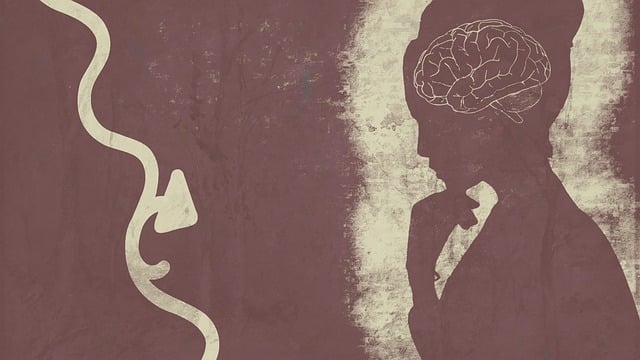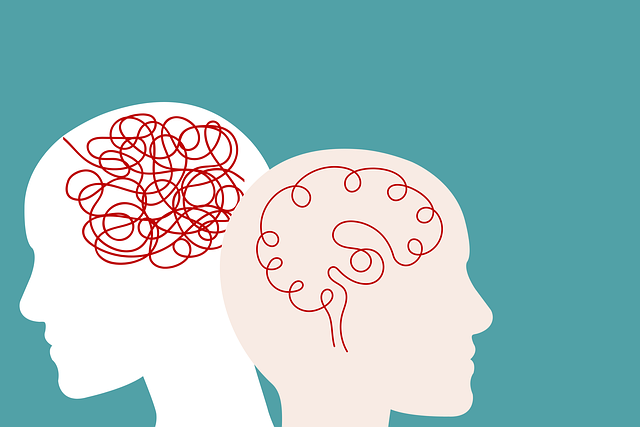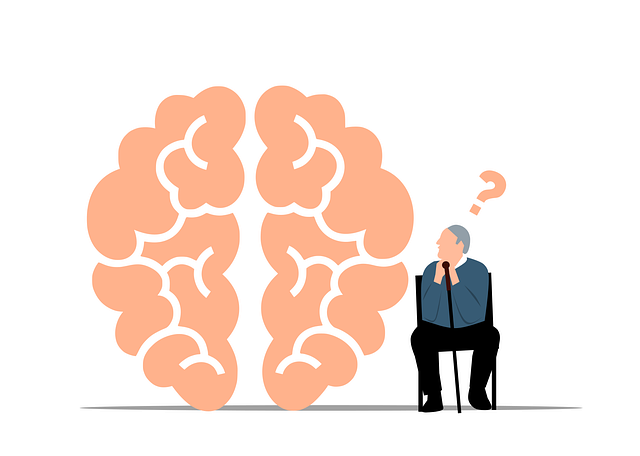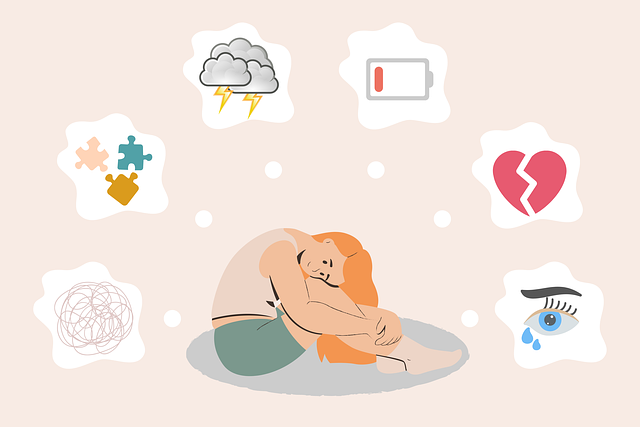Mental health crisis hotlines in Boulder are essential resources for those dealing with panic disorder and anxiety attacks, offering immediate support through trained professionals who provide listening, practical strategies, and emotional relief. These hotlines not only intervene during crises but also promote stress management, education, and destigmatization, empowering individuals with accessible therapy options. They utilize evidence-based practices, cultural competency training, and holistic approaches, including deep breathing and CBT techniques, to connect callers with specialized Boulder panic disorder and anxiety attacks therapy and post-crisis follow-up care, ensuring long-term mental health stability.
“In times of mental health crisis, a simple call can make all the difference. Mental Health Crisis Hotlines serve as a crucial resource for individuals grappling with panic disorder and anxiety attacks, offering immediate support and guidance. This article explores the multifaceted role of these hotlines in Boulder and beyond. From the expertise of trained volunteers and professionals to effective communication strategies, we delve into how these services manage distress calls. Additionally, we uncover resources and tools provided during calls and emphasize post-call care for continued recovery.”
- Understanding Mental Health Crisis Hotlines: A Lifeline for Those in Distress
- The Role of Trained Volunteers and Professionals in Crisis Support
- Effective Communication Strategies for Handling Panic Disorder Calls
- Resources and Tools for Managing Anxiety Attacks: What to Expect on the Hotline
- Post-Call Care and Follow-Up: Ensuring Continued Support and Recovery
Understanding Mental Health Crisis Hotlines: A Lifeline for Those in Distress

Mental Health Crisis Hotlines serve as a critical resource for individuals experiencing intense emotional distress, offering immediate support and guidance in moments of crisis. These hotlines are designed to provide a safe space for people struggling with various mental health challenges, including anxiety disorders like Panic Disorder and Anxiety Attacks. Trained professionals offer listening ears, emotional support, and practical strategies to help individuals manage their symptoms. By dialing these helplines, folks can access expert advice tailored to their unique situations, fostering a sense of calm and empowering them to seek further therapy or build resilience.
Beyond immediate relief, these hotlines play a pivotal role in promoting Anxiety Relief and Stress Management. Many organizations also offer workshops and resources for community education, aiming to destigmatize mental health issues and encourage proactive measures like Resilience Building. By providing accessible support, these services ensure that no one has to face their struggles alone, serving as a lifeline for those in desperate need of assistance during times of crisis.
The Role of Trained Volunteers and Professionals in Crisis Support

In the heart of crisis support services lie trained volunteers and professionals who play a pivotal role in assisting individuals grappling with mental health challenges, particularly Boulder Panic Disorder and Anxiety Attacks Therapy. These dedicated individuals are equipped with specialized knowledge and skills to offer immediate relief and guide people towards long-term solutions. They provide a safe space for expression, helping users navigate their emotions during intense panic episodes and anxiety attacks. Through active listening and evidence-based practices, they foster resilience building, a crucial aspect of mood management.
The expertise lies not only in psychological interventions but also in understanding the nuances of various cultural backgrounds. Healthcare Provider Cultural Competency Training equips professionals with the ability to offer tailored support, ensuring every individual receives care that respects their unique cultural and personal experiences. This holistic approach enhances the overall effectiveness of crisis hotline services, making them a beacon of hope for those facing mental health crises.
Effective Communication Strategies for Handling Panic Disorder Calls

Effective communication is key when handling calls from individuals experiencing panic disorder and anxiety attacks. Training for hotline operators should emphasize active listening, where they fully focus on the caller’s words and non-verbal cues, ensuring a safe and supportive environment. This involves paraphrasing and summarizing what the caller has said to confirm understanding and convey empathy.
Operators can also employ simple, clear language and provide reassurance during these distressing moments. Encouraging deep breathing exercises or guiding them through progressive muscle relaxation techniques can aid in calming the caller. Moreover, public awareness campaigns focused on mental wellness, such as journaling exercises and anxiety relief strategies, can offer additional resources to those seeking support for Boulder panic disorder and anxiety attacks therapy.
Resources and Tools for Managing Anxiety Attacks: What to Expect on the Hotline

When individuals experience anxiety attacks or feel overwhelmed by panic disorder symptoms, accessing timely resources can make a significant difference. Mental health crisis hotline support services offer crucial assistance, providing tools and strategies tailored to managing these intense moments. Callers can expect empathetic listeners who are trained to guide them through techniques like deep breathing exercises, cognitive-behavioral therapy (CBT) strategies, and mindfulness practices, which have been proven effective in alleviating anxiety symptoms.
These hotlines often connect individuals with professionals who specialize in Boulder panic disorder and anxiety attacks therapy. They may also offer information about local support groups or community outreach programs implementation that focus on stress management workshops. Additionally, trauma support services are frequently available for those who have experienced past traumatic events contributing to their current anxiety, ensuring a holistic approach to healing and recovery.
Post-Call Care and Follow-Up: Ensuring Continued Support and Recovery

After a crisis call, providing post-call care and follow-up is vital to ensure individuals receive continued support and enhance their recovery journey. This step is crucial in managing conditions like Boulder Panic Disorder and Anxiety Attacks, where ongoing care can significantly impact a person’s emotional well-being. Many hotline services offer this as part of their comprehensive approach to mental health support.
Follow-up strategies may include check-ins with trained therapists, who can provide additional therapy sessions or techniques for burnout prevention and depression prevention. These sessions aim to solidify the progress made during the initial call, offering practical emotional well-being promotion techniques to manage future panic attacks or anxiety episodes. This personalized care ensures individuals feel supported and empowered in their path to mental health stability.
Mental health crisis hotline support services play a pivotal role in providing immediate assistance during moments of distress. By combining the efforts of trained volunteers and professionals, these hotlines offer crucial resources for managing panic disorder and anxiety attacks. Effective communication strategies, coupled with post-call care and follow-up, ensure that individuals in Boulder receive comprehensive therapy and continue their journey towards recovery. Accessing these services can be life-changing, offering a lifeline to those facing mental health crises.














